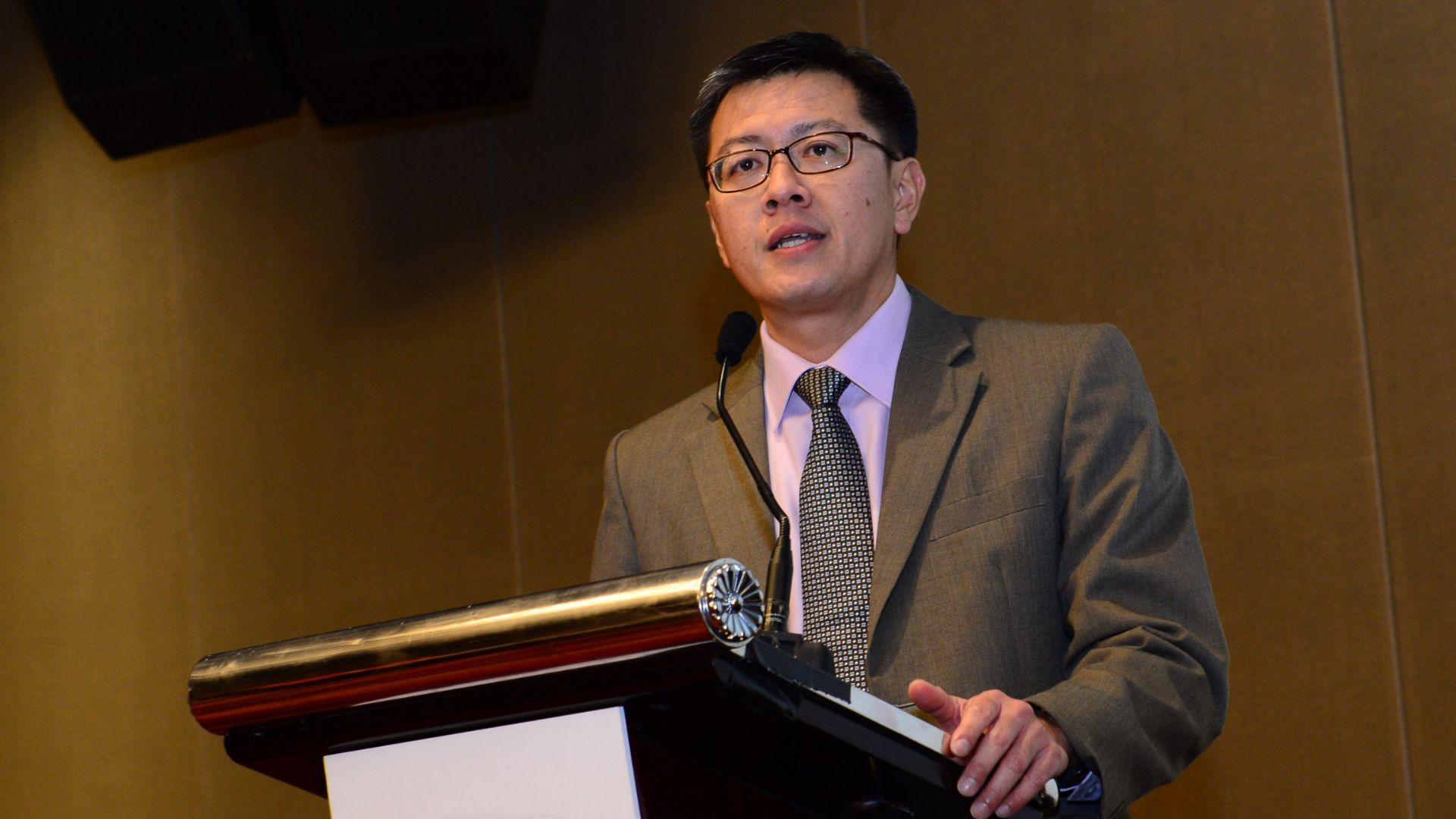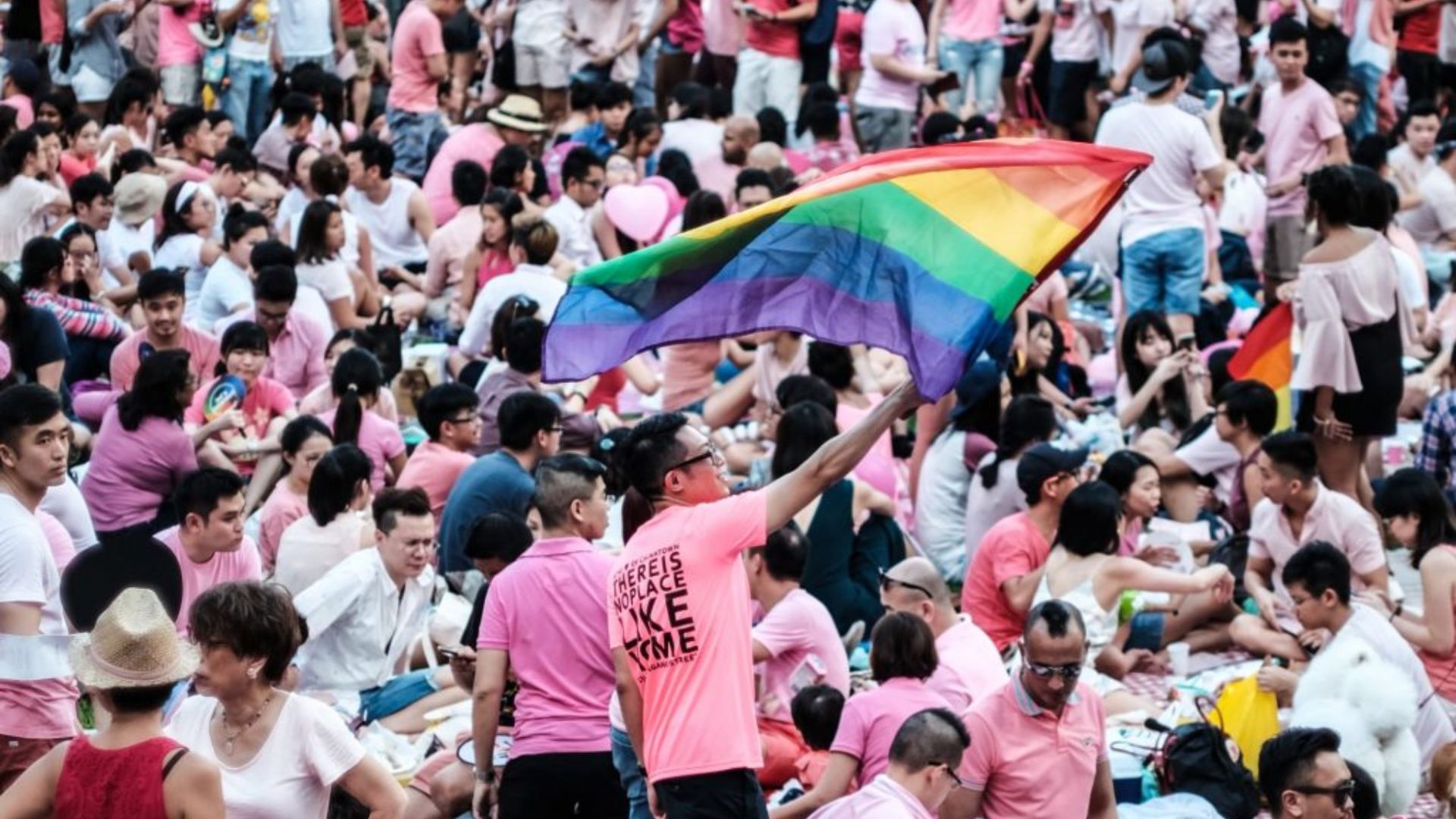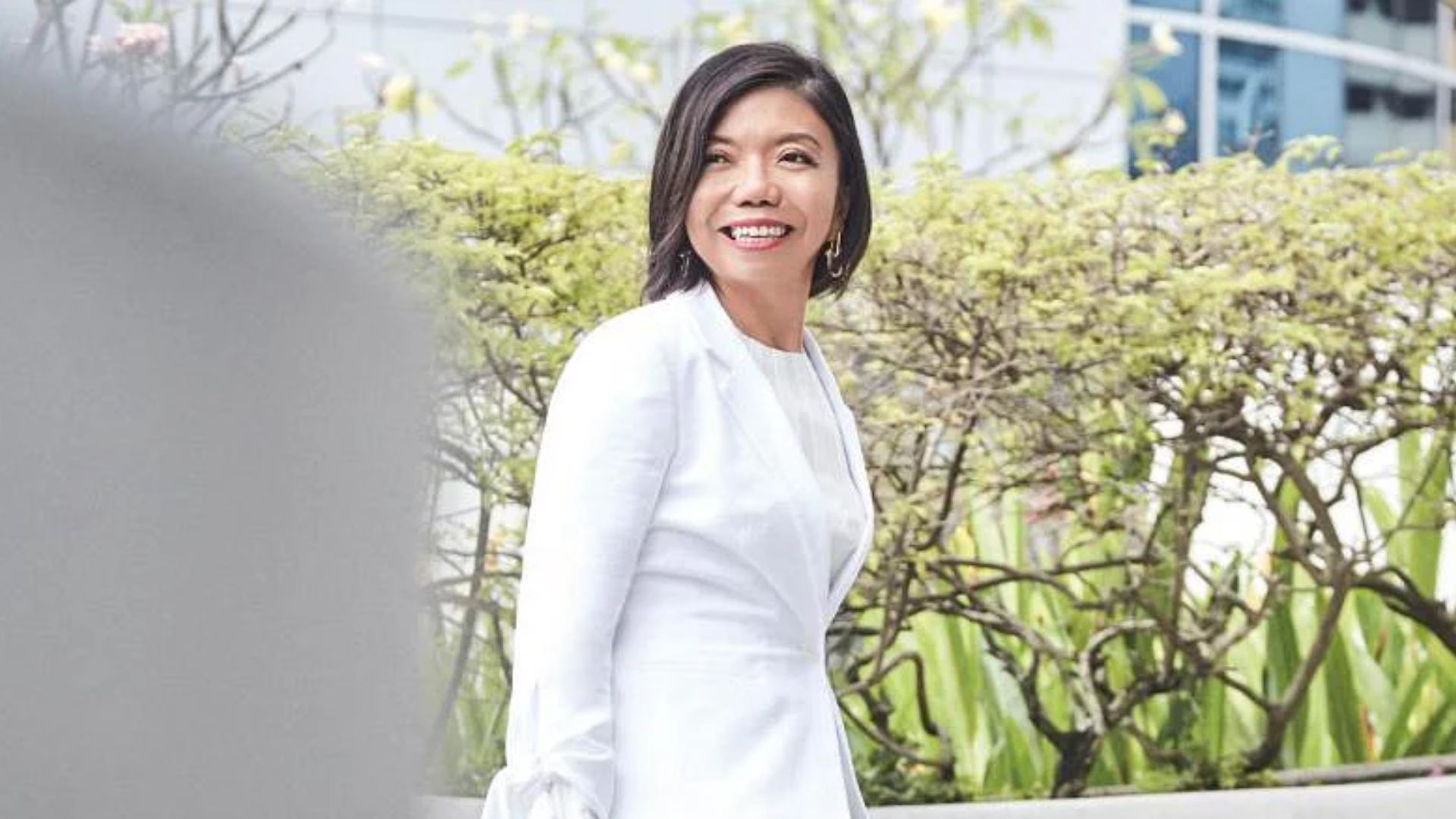Civil movement grows stronger as the Singapore society matures and its population becomes better educated. The country also faces a growing segment of Millennials and Gen Zs who are clamouring for their voices to be heard. These younger Singaporeans are asking for more openness and consultation.
In our monthly Big Read Unwrapped, TheHomeGround Asia takes a closer look at the impact of civil movements in today’s Singapore and whether it has totally eliminated the patriarchal style of government or merely converted it to a more amicable relationship between the people and its government and if ground-up initiatives work when getting policies to change for the better.
Fear of the government and living in societal uncertainty in the 1960s
The notion of fear that the government will come down hard or will clamp down no longer exists, especially when the people “are genuinely seeking to make society better”.
“Still, we must expect robust responses,” says Associate Professor of Law at the Singapore Management University (SMU) Eugene Tan.
“Any government of the day will have to defend its policies. They either acknowledge that they can change them or, if they think that their policies are sound, they will have to rebut the criticisms, the challenges. I think in the end we have to shed this culture of fear which we unwittingly propagate when we hear talk that the government has records on us or they even know how we voted,” he says.
The fear and uncertainty stemmed from when Singapore was a young nation in the 1960s. A patriarchal mindset and government was then needed for fear it might fall into the hands of the communists, as with many new nations in Asia then had during tumultuous periods.
Founding Prime Minister Lee Kuan Yew’s highly controversial approach to handling some social and political issues, including the clearly authoritarian nature of his leadership and his party’s long-term domination in Singapore’s politics warranted to be researched and probed, as stated in the 2021 Paper titled Lee Kuan Yew’s Lessons from Developing Singapore.
Education and the changes in the style of government
Speaking at the Big Read Unwrapped roundtable, Dr Tan says such “knuckleduster approaches when dealing with opposing voices, not even dissent”, will not work in society today as everyone is working towards the common good. “You have that contestation of ideas and also recognising that there are limitations. That’s where you are beginning to see the vibrancy as well as the diversity of society. Here, your views may not be equally shared by others around you, never mind how convicted you are,” he says.

The change came when Mr Goh Chok Tong took over from Mr Lee as prime minister of Singapore in 1990, and began pushing for inclusivity and collaboration. His consultative style of leadership was in sync with a people who was better educated and better connected to the world. The leadership style remains on this trajectory. The later Government are more receptive to ground up activism, and civil society, being keener to participate and are better organised, sought to engage them.
Civil society is also keen to reciprocate and have become more assertive through their advocacy and activism.
“For many of us who are involved in the civic space, there is certainly the view that there will be a reaction, not just from the government but also from other groups that may take a contrary view to what your organisation or your group takes. People who are familiar or people who are realistic of what civil society is all about would recognise that there will be this push. If you push, someone will push harder and there will be this push back. It’s all part of the game,” Dr Tan adds.
A recent example would be the repeal of Section 377A of the Penal Code, a deeply divisive law that criminalises sex between men. It took Singapore 15 years to finally say “yes” to repeal 377A when Prime Minister Lee Hsien Loong made the much anticipated announcement during his National Day Rally 2022 (NDR 2022) speech, believing “this is the right thing to do”.

“It is not a homogenous group.. Some elements would say they have been talking to the legislators, ministers and it is not making any progress. Then there will be some who take the legal route … and you can be sure that within the community there are those who would say ‘why should we stick out like a sore thumb? We just go about our lives quietly and not draw unnecessary attention.’ Society has come a long way. It’s very good to see people being motivated by their various causes,” Dr Tan.
The activism game: Collaboration, not competition
Former nominated Member of Parliament (NMP) and social activist Anthea Ong says, “When you think about the society that we are in today, we are certainly a lot more educated, a lot more informed. To have an engaged society, we have to be prepared for more contestation of ideas, than just settle for a pathetic, ‘anything also can’ kind of society. That would not bode well for Singapore today and certainly, it’s not going to be where we want to live or thrive in when everyone is not participative and not really engaged at all.”
Ms Ong, who is herself a strong believer in social advocacy, spoke passionately in Parliament as an NMP between 2018 and 2020 on issues of social inclusion, mental health and volunteerism. She had initially turned down the first invitation to be an NMP in 2011, but seven years later, decided to say “yes”.
“Saying ‘yes’ to the NMP invitation really got me way more than if I had stayed on the ground. … I felt like so many of the things I came up against while advocating for mental health change were actually because of policies which created the structural challenges. That’s one way but there are so many different ways: direct engagement with the policymakers and the more overt, more public type of advocacy. They get all the parts to move in tandem and get all the parts to dance together,” she says.
But Ms Ong says activists should be mindful that they must not want to see the results immediately because “for every cause we push for, there are just so many factors at play that are not within our control. We need to allow ourselves that space or patience, otherwise it is easy to get disenfranchised. Many young people … need to realise that what we are trying to change, what we are trying to push for is complex and there are multi stakeholders involved,” she says.

Ms Ong herself juggles being a life coach, yoga instructor, and driver of several social causes including Hush TeaBar, Singapore’s first silent tea bar that aims to bring self care and social inclusion to every workplace and community, with a cup of tea.
“Ultimately how do we ourselves on the ground as a people come together to write the rules on how we actually dance with each other. But that music must not be written by the government. It has to be, overtime, created by us as a people,” she says.
The bigger challenge is for the people to develop rules of engagement and the groups “to recognise how it is for us to learn to live together despite our differences even on an issue that we are all very convicted about”. “I think that would make society a lot richer because we recognise that there are people who hold different values, different ideas, different views from us and what is it that we can do to try and accommodate them despite our deepest differences”, Dr Tan says.
Both Dr Tan and Ms Ong agree that it should not surprise us that the government speaks of co-creation.
“The government recognises that we need to tap the sort of resources, the sort of people’s convictions – those who are willing to help a cause, help one another not because they are expected to, or that they are going to get something good out of it but because they sincerely feel that this is something that they ought to do. I think that’s where we want to harness the framework that the government provides with the commitment and dedication that comes from civil society that you may not see when civil servants were to take on similar tasks,” Dr Tan adds.
RELATED: Ground-up activism: Civil society and advocacy that make a difference in Singapore
Join the conversations on TheHomeGround Asia’s Facebook and Instagram, and get the latest updates via Telegram.




























